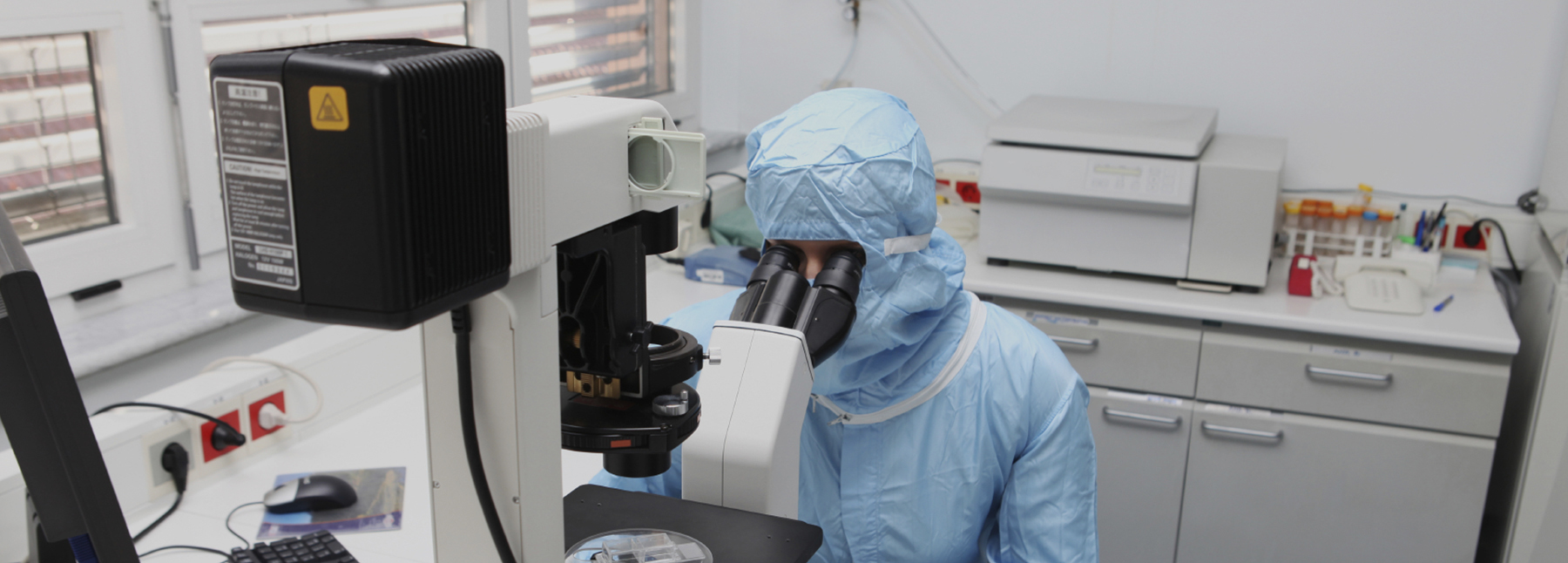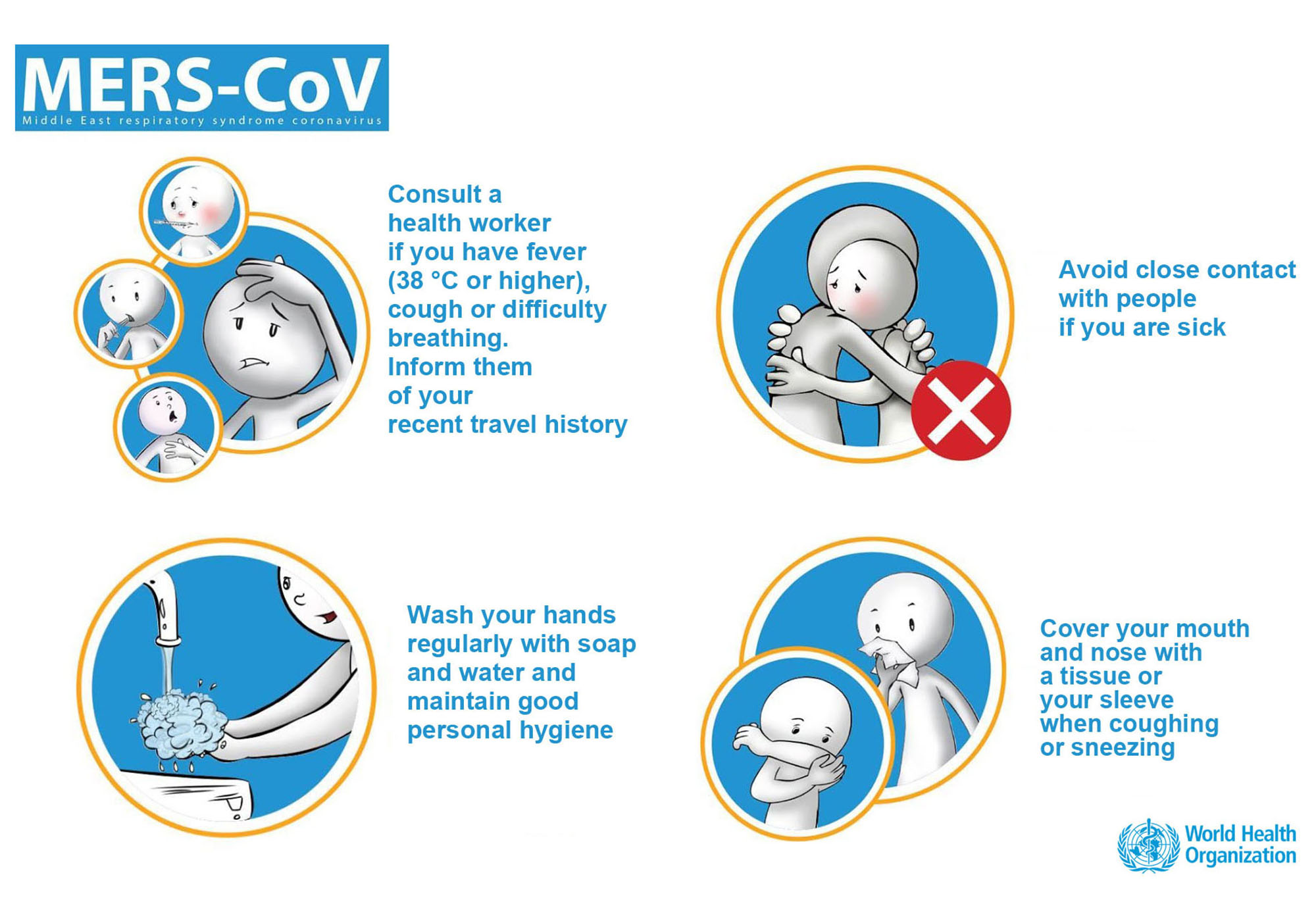In this post we define what MERS is, and outline some precautionary measures which should be taken to help prevent infection.
At the most recent meeting of the International Health Regulations Emergency Committee (EC) regarding MERS, on 2 September 2015. The Committee felt it important to alert all relevant authorities, to the continued and significant public health risks posed MERS.
The virus appears to be circulating throughout the Arabian Peninsula, primarily in Saudi Arabia, where the majority of cases (>85%) have been reported since 2012.
To date, 26 countries have reported cases, including countries in the Middle East: Egypt, Iran, Jordan, Kuwait, Lebanon, Oman, Qatar, Saudi Arabia (KSA), United Arab Emirates (UAE) and Yemen; in Africa: Algeria, and Tunisia; in Europe: Austria, France, Germany, Greece, Italy, the Netherlands, Turkey and the United Kingdom; in Asia: China, the Republic of Korea, Malaysia, Philippines and Thailand; and in North America: the United States of America (USA).



